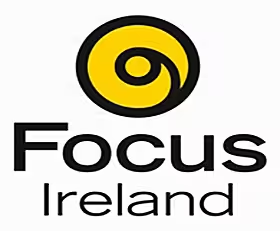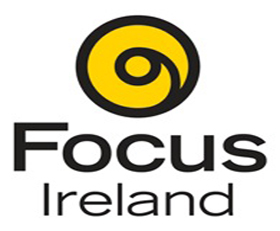
Increasing the Rent Supplement Allowance (RSA) for single people could save the Government more than €4.3 million per year, the homeless charity Focus Ireland has said.
The charity, publishing its pre-Budget submission on Monday, said demand for its services had surged in the past two years, up 18% last year as compared with 2009, and continuing to rise this year.
“We supported over 6,500 people last year as compared with 5,500 in 2009. Already this year we have supported 5,192 people to the end of August,” said director of advocacy Mike Allen.
He said current RSA rates for single people were so inadequate single people were unable to access decent housing, making it more difficult for this group to move out of emergency accommodation.
Where they did move into private-rented accommodation, the conditions were such that their tenancy often broke down and the person drifted back into homelessness, said Mr Allen.
Focus Ireland is calling for the RSA for single people to be increased to match that given to couples, “to ensure access to sustainable, good quality accommodation”.
Maximum RSA rates vary depending on the part of the State. The current maximum monthly rate for a single person in Dublin is €529 and €770 for a couple.
In Cork, current maximum monthly rates are €468 for a single person and €610 for a couple. The figures for Limerick are €446 and €500, in Galway €468 and €550 and in Roscommon the maximum for a single person is €370 and €375.
The cost of increasing the maximum threshold for a single person, taking the current number of single people assessed as in need of housing, would be €4.8 million says Focus Ireland.
“Providing emergency homeless accommodation can cost up to €30,000 a year for a bed while providing a home with support for those who need it to move on from homelessness, even in Dublin, can cost less than €14,500.”
“Even assuming that every person currently assessed as in housing need was housed in private rented accommodation, that the rent caps for single people in self-contained accommodation were increased in line with that for couples, and, the cost of the highest level of move-on supports was factored in, Focus Ireland calculates that savings of €4.3 million could be achieved.
“In fact, the number is likely to be larger as some will not have intensive support needs, and will be able to find accommodation below the maximum thresholds.”
Among other calls from the charity are that the most vulnerable applicants for housing assistance have access to a person - as they had with community welfare officers before Central Rental Units were established - rather than just a phone-line, and, that the Supplementary Welfare Allowance - the most basic welfare payment on which many homeless people depend, not be further cut in the forthcoming Budget.





